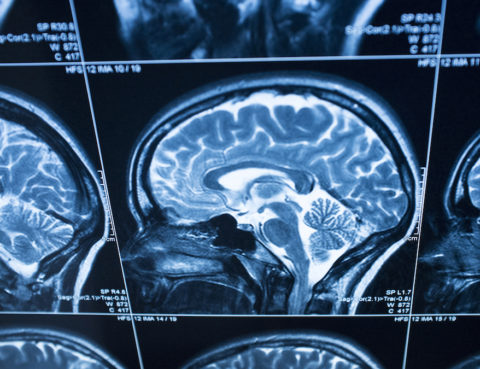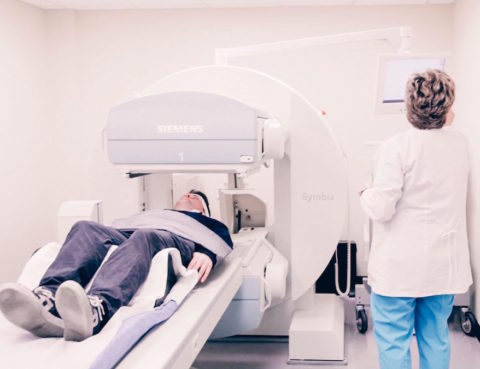A permanent brain injury may be difficult to recognize or prove. Changes in a person’s behavior or personality may be subtle. But with all damage to the brain, the earlier a brain injury is diagnosed, the earlier a person can begin a treatment program. This article discussed different types of brain injuries including a closed head injury and swelling of the brain.
Brain injuries can generally be classified by their cause. There are injuries caused by contact and those that are not caused by contact. This article discusses causes of brain injuries including contact accidents, whiplash, and brain injuries due to medical reasons like strokes and heart attacks.
The following are just some of the verdicts and settlements we have have successfully obtained for clients…
DON’T accept the insurance company’s estimate of your losses and damages until you have a chance to fully explore the matter yourself. An attorney’s help can be valuable in determining whether the insurance company’s estimate is fair…
- How do you prove the existence of a brain injury?
- What disabilities are associated with a brain injury?
- What are common symptoms of concussion?
- What is a closed head injury?
- What are the main parts of the brain and their respective functions?
- What happens if the brain loses its blood and oxygen supply?
- What are possible effects of a severe brain injury?
- What is brain swelling and what causes it?
- What kind of compensation is possible in a legal claim for a brain injury?
There are a variety of physical, mental and psychological tests that medical professionals use to determine the severity and effects of a brain injury. However, it is important to note that many diagnostic tests fail to detect brain injuries where there is a closed head injury. The following is a brief description of some diagnostic tools.
When a head injury is severe it can dramatically affect a person’s ability to return to a normal life. Depending on the location and severity of the injury, there may be physical and/or behavioral effects. A severe head injury may affect a person’s ability to work, learn, live with his or her family and handle everyday tasks.
This article discusses the possible physical and behavioral effects associated with brain injuries.
Traumatic brain injury cases are generally personal injury claims based on negligence. If you or a loved one suffered a brain injury in a car accident, bicycle accident or sports accident, you will generally have a negligence claim. Elements of a negligence claim that the plaintiff must prove are: a legal duty owed by the defendant to the plaintiff, breach of that duty by the defendant, that the breach caused the plaintiff’s injuries and damages.
The brain is the central control and interpretation center for the human body. When a person suffers a brain injury, he or she may be unable to work, learn, walk or talk. If you or a loved one has suffered a brain injury, you may have legal recourse…
- The Brain and Its Functions
- Diagnosis and Treating a Brain Injury
- Types of Brain Injuries
- Causes of Brain Injuries
- Effects of Brain Injuries
- Brain Injury Litigation
Brain Injury FAQs
- How do you prove the existence of a brain injury?
- What disabilities are associated with a brain injury?
- What are common symptoms of concussion?
- What is a closed head injury?
- What are the main parts of the brain and their respective functions?
- What happens if the brain loses its blood and oxygen supply?
- What are possible effects of a severe brain injury?
- What is brain swelling and what causes it?
- What kind of compensation is possible in a legal claim for a brain injury?
How Brain Injuries are Classified
Traumatic brain injuries are generally classified as mild, moderate or severe, based on the injured person’s Glasgow Coma Scale (GCS) number. The GCS assigns a point value based on particular responses given by the injured person. The majority of brain injuries are classified as “mild.”
A mild traumatic brain injury (MTBI) is a traumatically induced physiological disruption of brain function as shown by any loss of consciousness lasting approximately 30 minutes or less; any memory loss for events immediately before or after the incident, but not lasting more than 24 hours; any alteration in mental state at the time of the accident such as confusion or feeling disoriented; or any focal neurological deficit that may or may not be transient. The Mild Traumatic Brain Injury Committee of the Brain Injury Interdisciplinary Special Interest Group of the American Congress of Rehabilitation Medicine developed this definition of MTBI…



